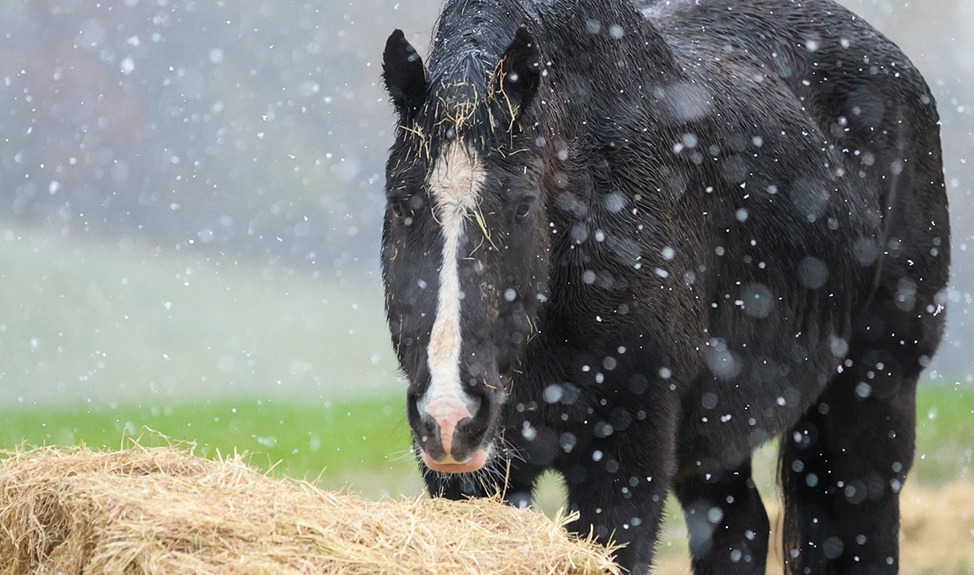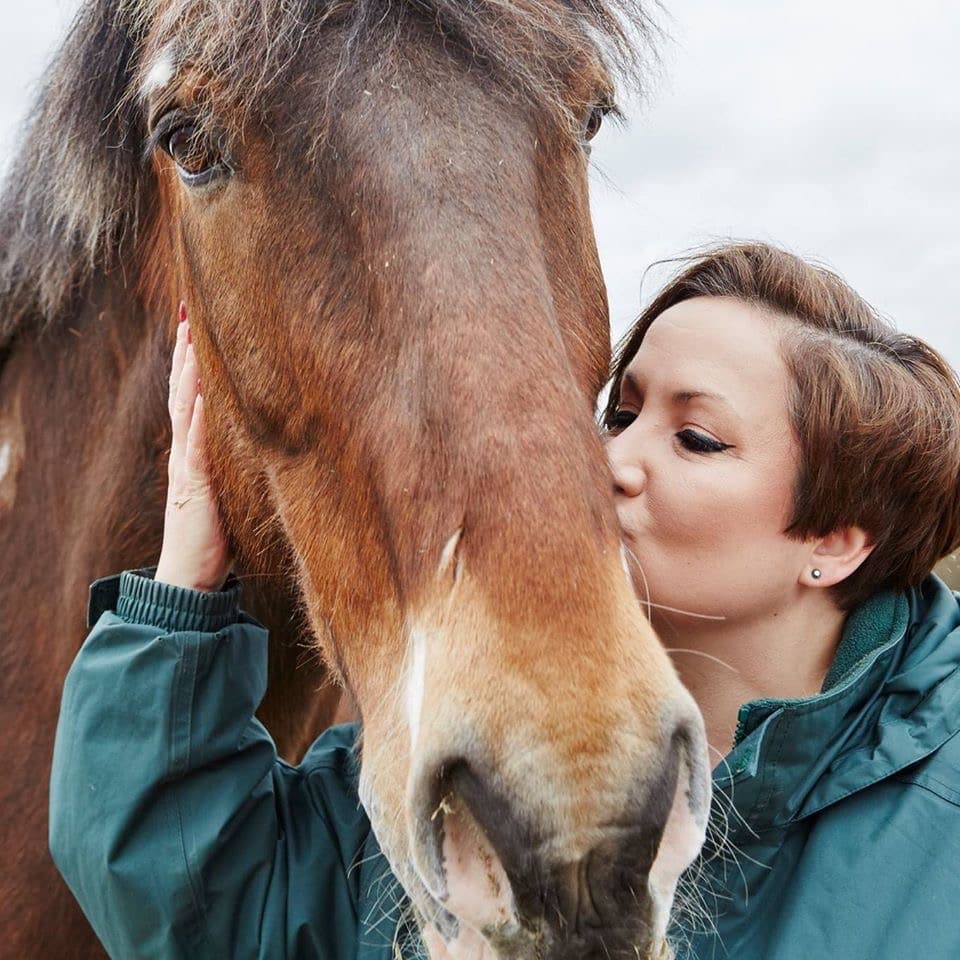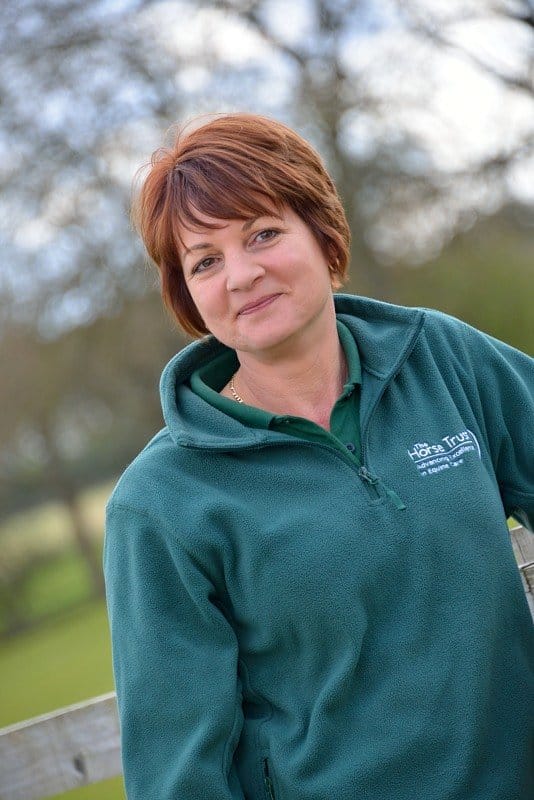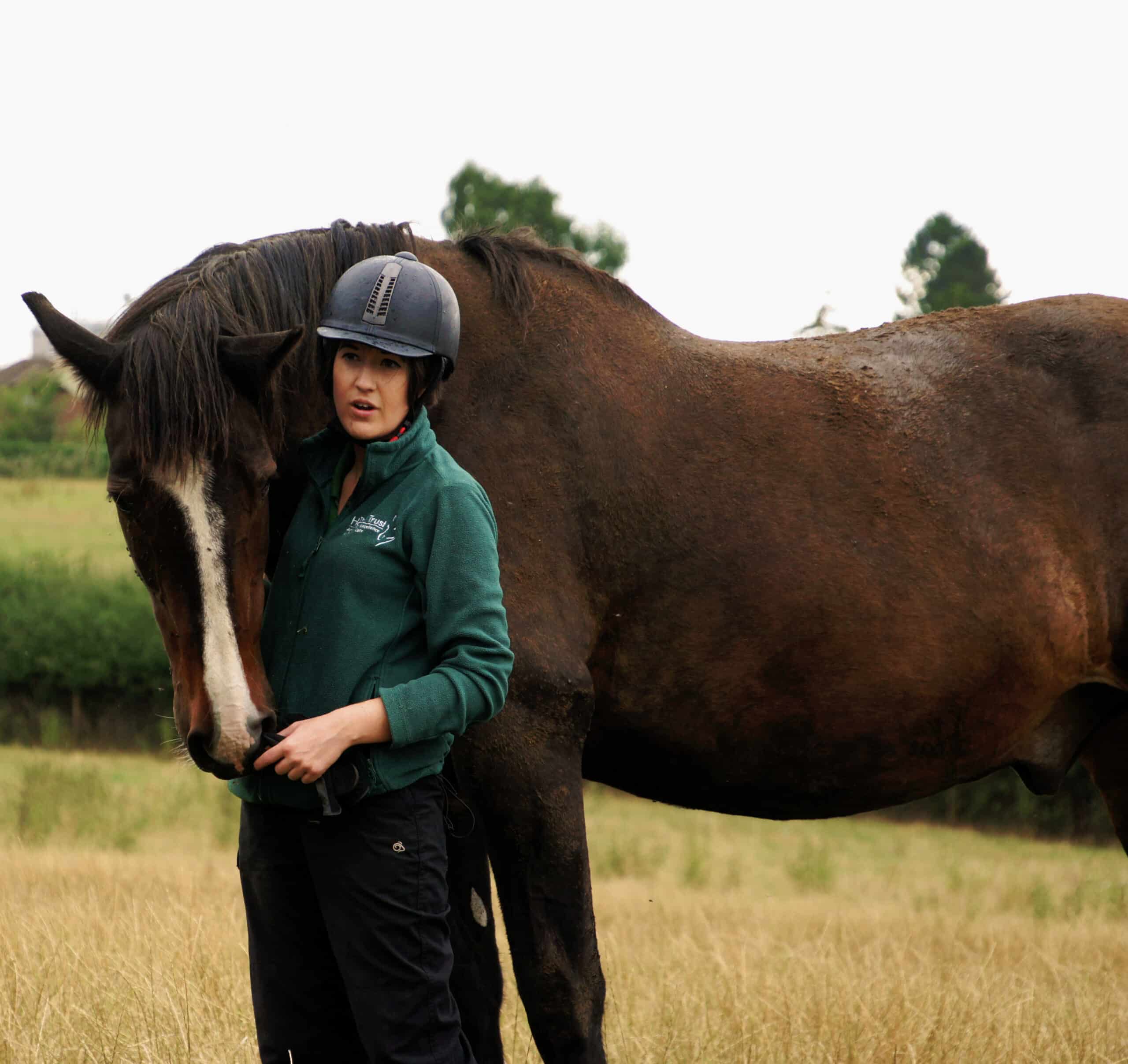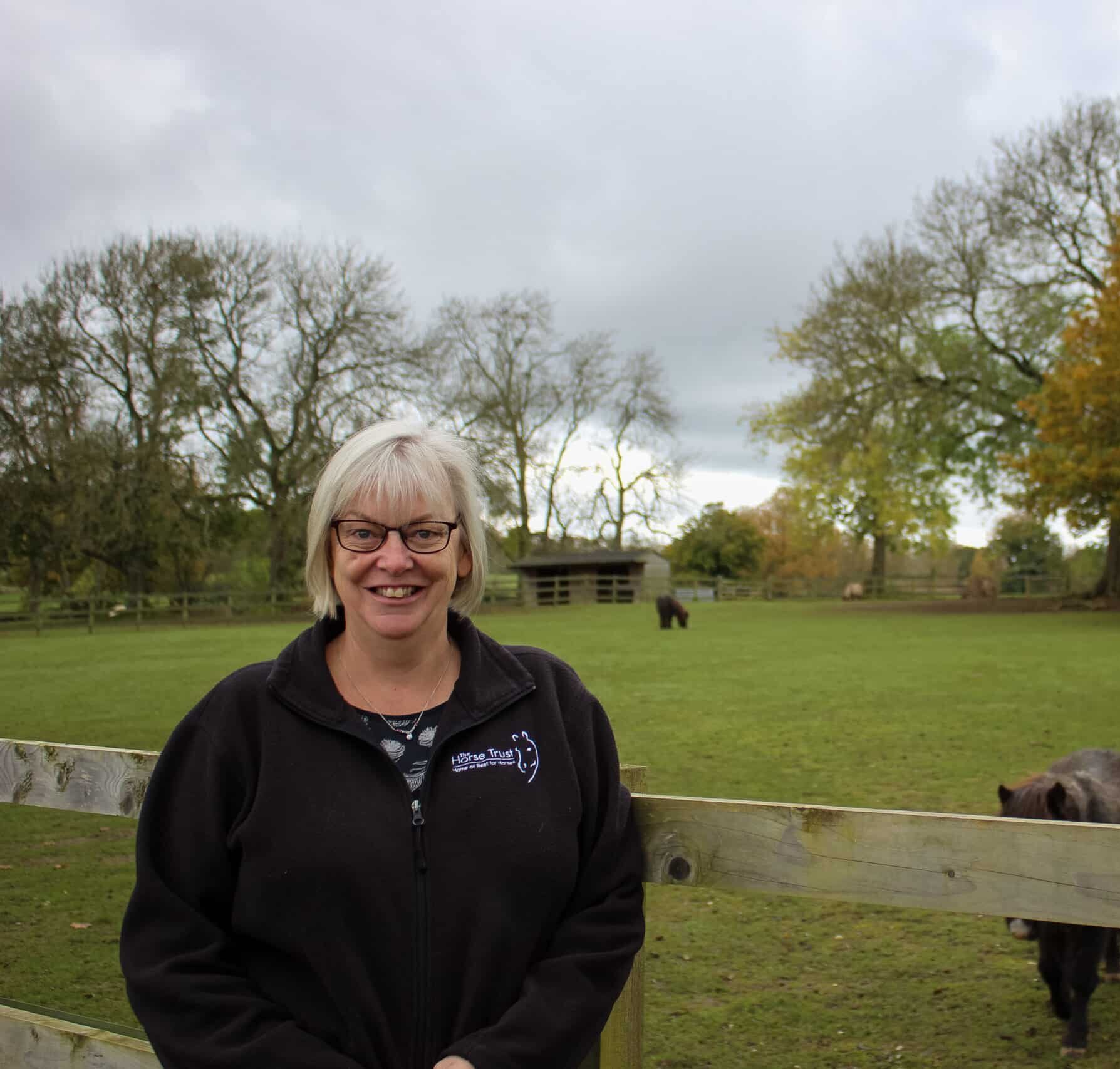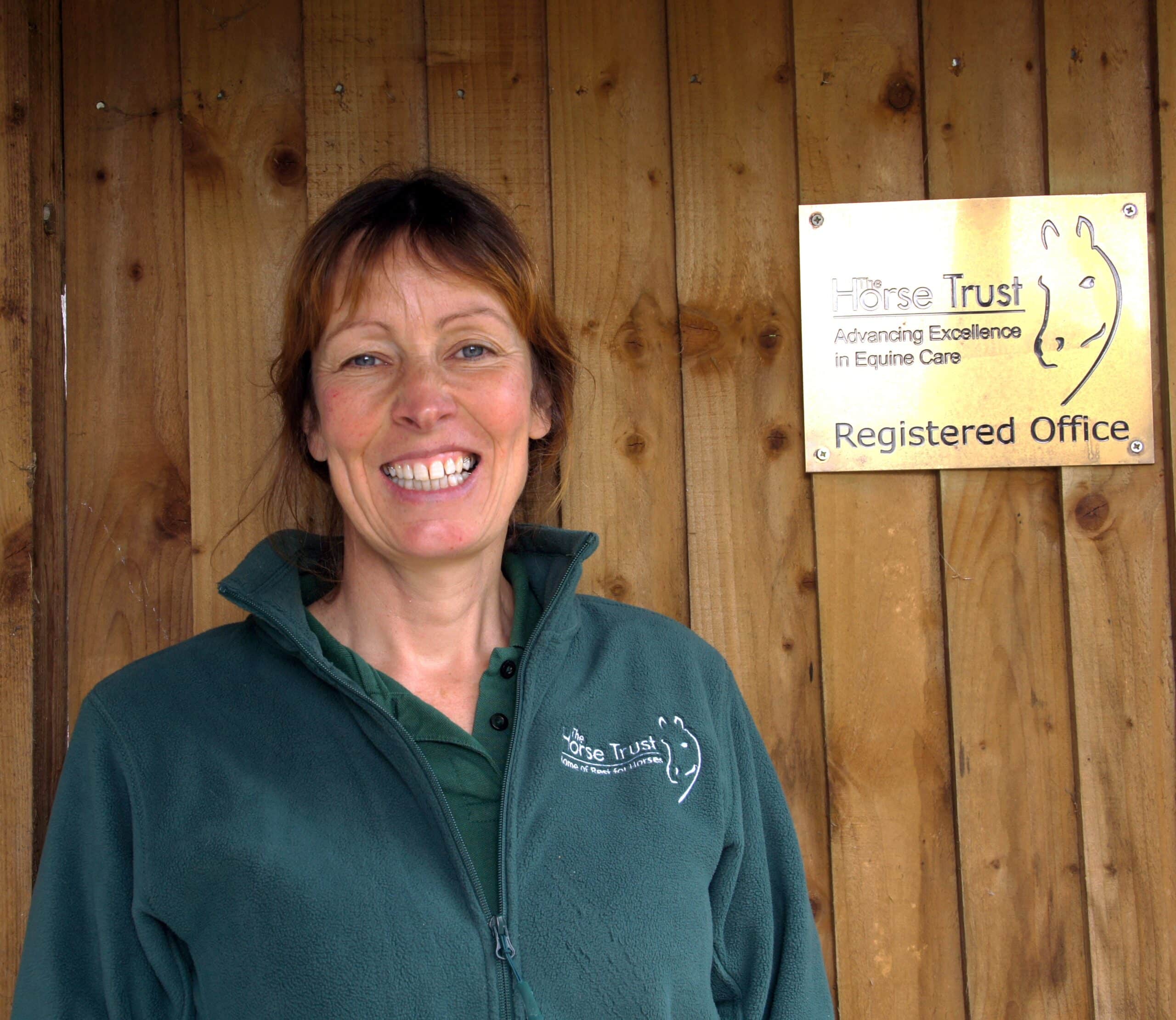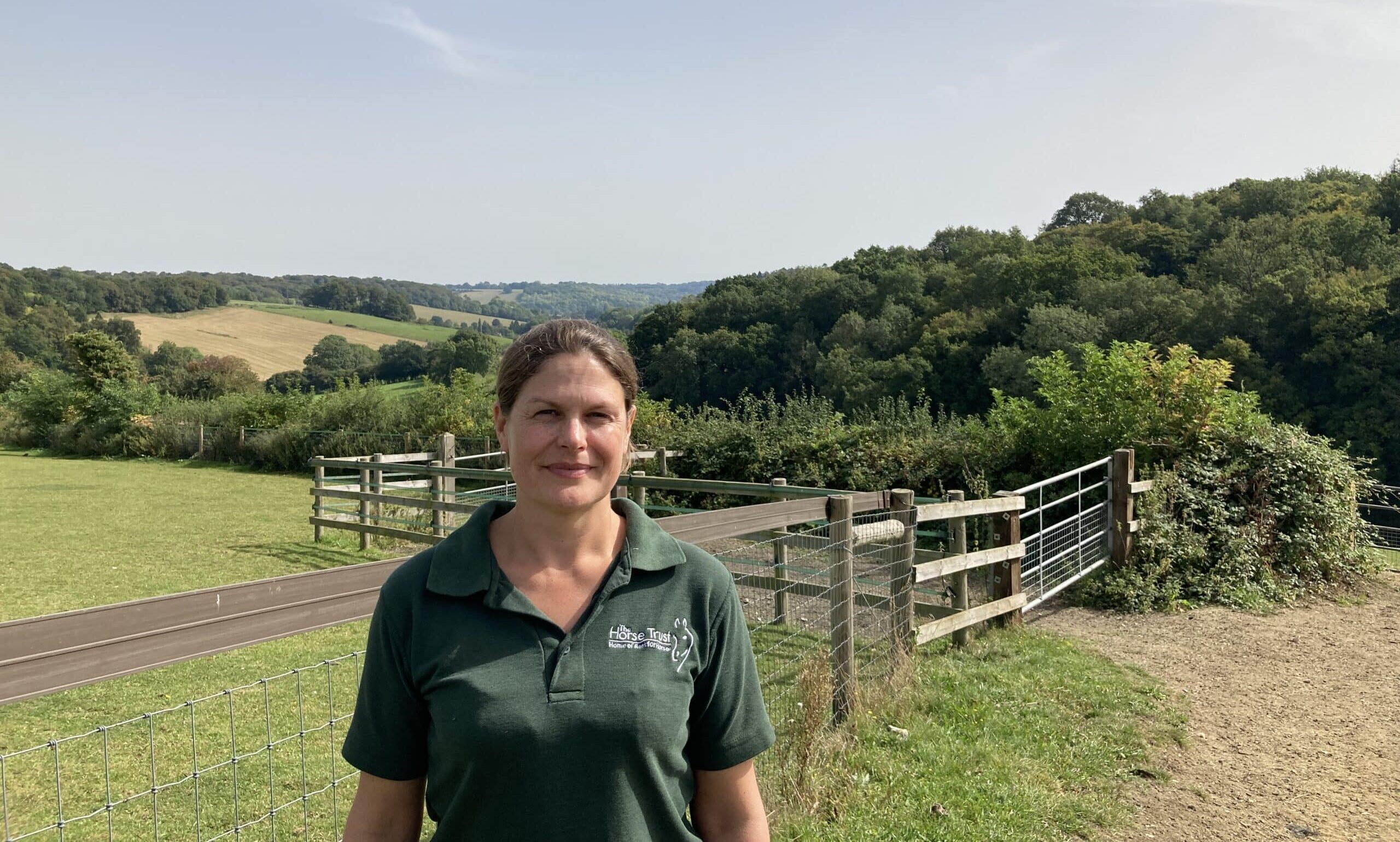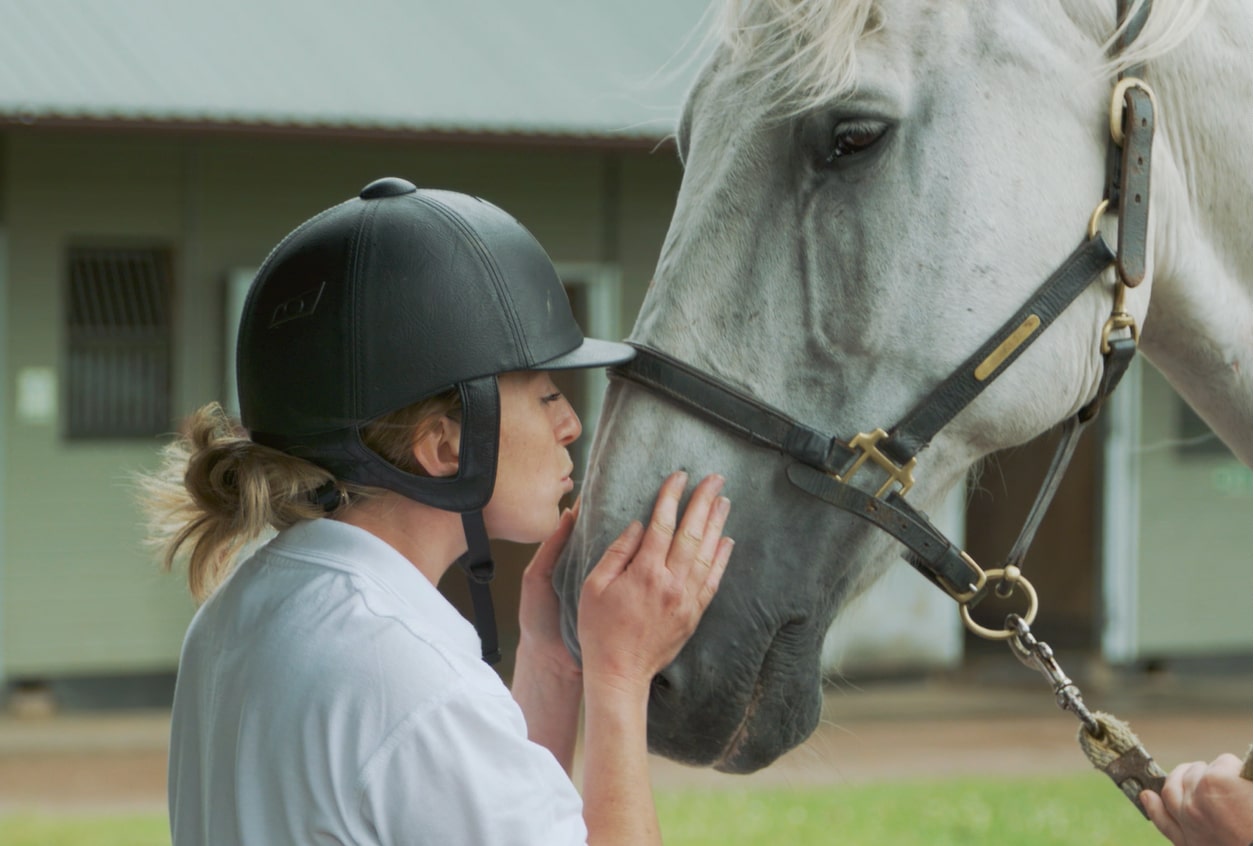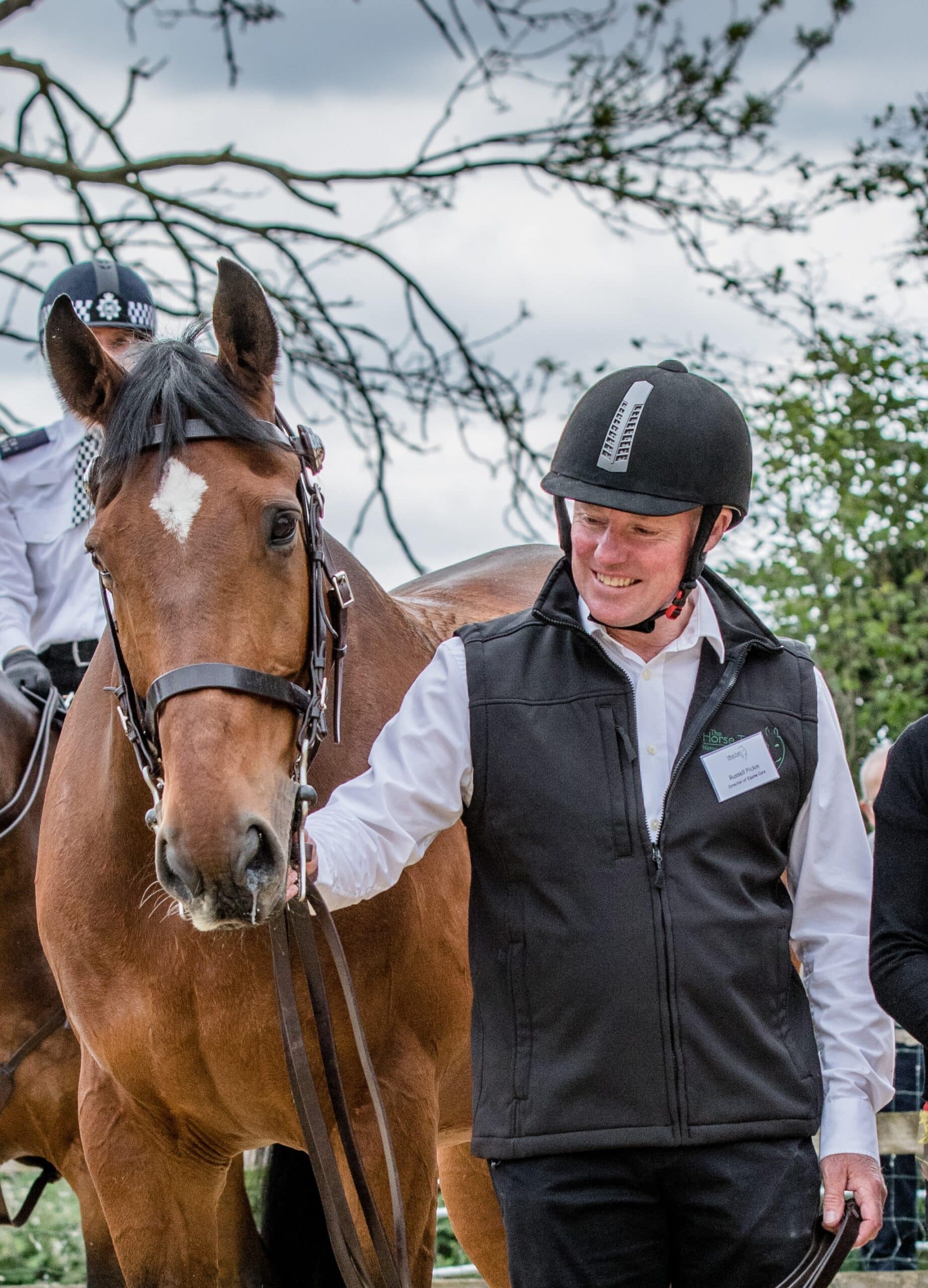Your cart is currently empty!
A research project funded by equine charity The Horse Trust has developed and validated two simple techniques that can be used to monitor respiratory problems in horses and ponies.
These techniques could potentially be used by vets to screen for horses with respiratory problems and to assess whether a horse being treated for a respiratory condition is improving. They could also be used by pharmaceutical companies when trialling new treatments for respiratory conditions, such as Recurrent Airway Obstruction (RAO).
Respiratory problems are common in horses, with various surveys reporting that respiratory airway inflammation occurs in between 10 and 50 percent of competition and pleasure horses. Respiratory problems not only reduce the quality of life of the horse, but are also a common cause of exercise intolerance.
At present, the only techniques available to monitor respiratory inflammation are invasive, such as endoscopy. Due to being invasive, these techniques cannot be used frequently, so vets have had no way of objectively assessing whether a particular respiratory treatment or management technique is working.
But research that was given funding by The Horse Trust has developed two simple, non-invasive techniques to enable vets to monitor the severity of respiratory inflammation in horses. Both techniques are well tolerated by horses and ponies and can be used safely and ethically on repeated occasions.
“We are delighted that the research we have funded has led to new, non-invasive ways of monitoring respiratory inflammation in horses. These techniques could have a major impact on horse welfare by improving the diagnosis and treatment of this common condition,” said Paul Jepson, Chief Executive and Veterinary Director of The Horse Trust.
The research, which was led by Professor Sandy Love¹ at the University of Glasgow, has developed a technique that allows vets to easily monitor the frequency of coughing in a horse over a long period of time with 100% sensitivity and 100% specificity.
Related Posts
MAKE A WORLD OF DIFFERENCE

We receive no government funding, so your support is vital in providing specialist care for our residents and advancing research and training to benefit horses everywhere.
Donate today to help us continue this essential work.
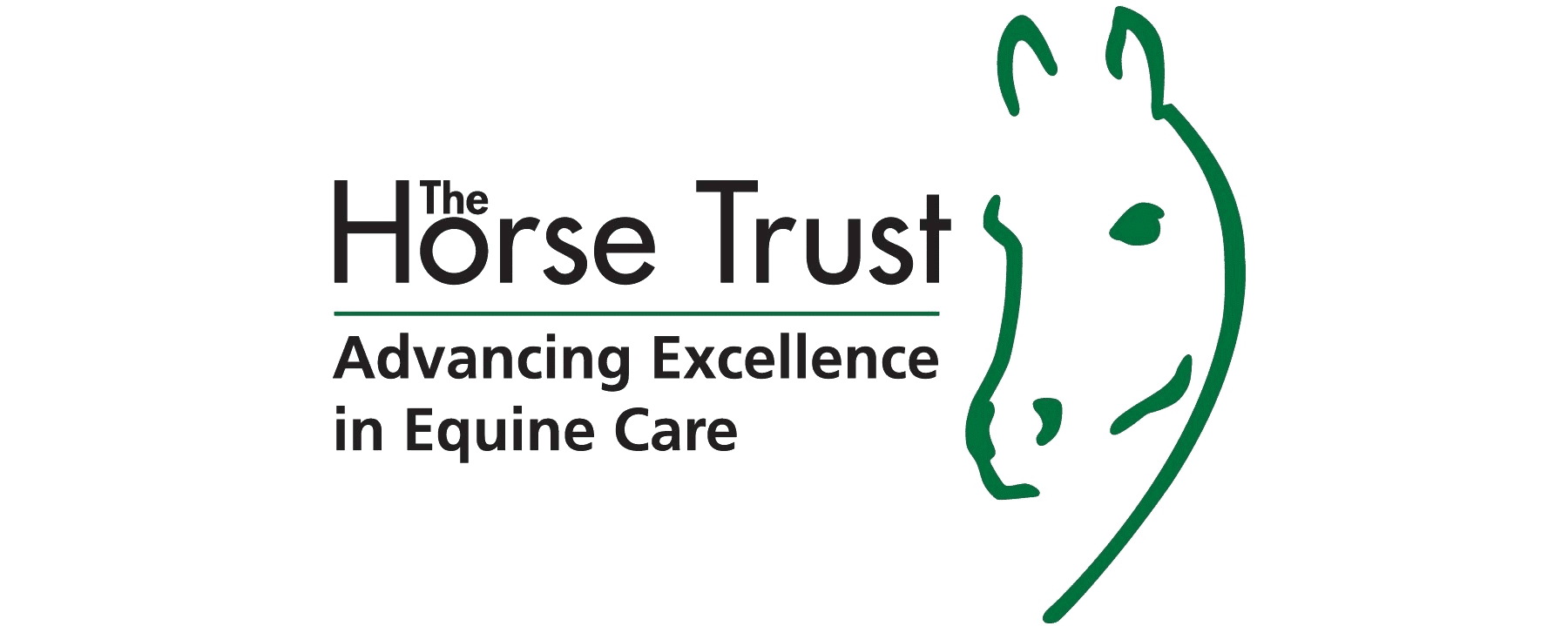
 Donate
Donate

